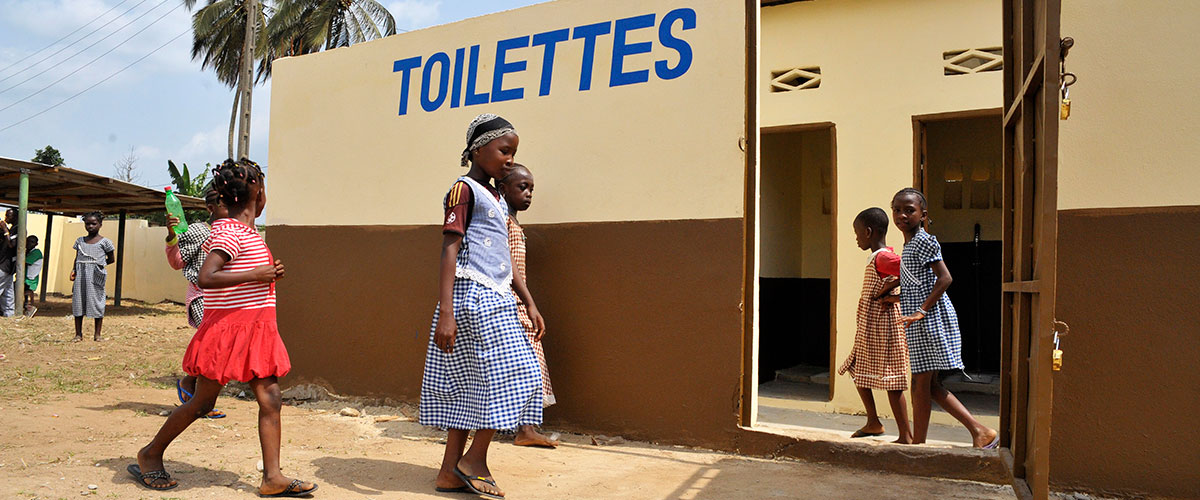
The 2018 Human Rights Day on 10 December marks the 70th Anniversary of the Universal Declaration of Human Rights (UDHR). Comprised of 30 articles that establish and recognize equal and inalienable rights, the UDHR permeated some 90 national Constitutions, 18 treaties and optional protocols advancing human rights since the proclamation in 1948.
As a cornerstone of international human rights law, it set precepts for safeguarding basic and fundamental rights of all people, “without distinction of any kind, such as race, color, sex, language, religion, political or other opinion, national or social origin, property, birth or other status,” which may include age, disabilities and cultural origins.
This year’s Human Rights Day pays tribute to the female delegates who contributed to drafting the Declaration, such as Ms. Hansa Metha of India, who pushed to replace the word “men” with “human beings” in the phrase “All human beings are born free and equal” in Article 1 of the UDHR. Another delegate, Ms. Minerva Bernadino from the Dominican Republic, was instrumental in molding the Declaration in its current form, such as including the phrase “the equality of men and women” in the Preamble of the UDHR.
Alongside a panel discussion on the relevance of the UDHR in its 70th anniversary, an award ceremony of the UN Prize in the Field of Human Rights will be held on 18 December, 2018, to honor four winners:
- Rebecca Gyumi, activist for the rights of women and girls
- Asma Jahangir (posthumously), human rights lawyer
- Joênia Wapichana (Joênia Batista de Carvalho), activist for the rights of indigenous communities
- Front Line Defenders, organization advocating and working for the protection of human rights defenders
The values of inclusivity enshrined in the UDHR are aligned with the 57th Session of the Commission for Social Development (CSocD57) on “Addressing Inequalities and Challenges to Social Inclusion through Fiscal, Wage and Social Protection Policies.” The Commission, scheduled in February next year, to identify and remove barriers to social inclusion that curtails the enjoyment of human rights.
The UDHR is recorded as the most translated milestone document in the world, currently available in more than 500 languages, including 4 sign languages.
Watch a slideshow about the women who shaped the Declaration.
Source: UNSDN
 Welcome to the United Nations
Welcome to the United Nations